Why Choosing the Right AI Platform Matters
AI adoption in healthcare is no longer experimental — it’s essential.
For ophthalmology clinics, AI can transform everything from documentation and authorizations to billing and patient coordination.
But not every “AI” solution delivers the same value.
Some are designed for generic healthcare workflows, while others are trained specifically for ophthalmology.
Choosing the right platform can mean the difference between true automation and just another piece of software to manage.
The key is to find an AI system that integrates seamlessly, understands the specialty, and scales with your clinic’s growth.
The Common Mistake Clinics Make
Many clinics rush into AI adoption without a clear framework for evaluation.
They choose tools based on:
- EHR compatibility alone
- Low cost or trial offers
- Vendor marketing rather than clinical fit
This often leads to disjointed systems that automate one small process but fail to deliver end-to-end efficiency.
The right AI platform should be a single operating system for your back-office and administrative workflows.
The Five Pillars of a Great AI Platform for Ophthalmology
When evaluating AI tools, ophthalmology leaders should consider five essential factors:
1. Specialty-Specific Intelligence
AI should understand the language, workflows, and clinical structure of ophthalmology.
- Recognizes ophthalmic findings (OCT, fundus, refraction).
- Understands diagnosis and CPT code relationships.
- Automates documentation specific to eye care.
Ask: Is the AI trained on ophthalmology data, or is it just a general medical tool?
2. End-to-End Workflow Coverage
A true AI platform automates across multiple areas — not just one.
Look for automation in:
- Documentation and charting
- Prior authorizations
- Referrals and fax management
- Billing and coding
- Compliance tracking
Ask: Can this platform eliminate multiple point solutions?
3. Seamless EHR Integration
The best AI tools don’t add extra steps — they remove them.
- Syncs automatically with your EHR.
- No duplicate logins or data entry.
- Compatible with imaging systems and billing software.
Ask: Will this AI fit into my current workflow without disruption?
4. Compliance and Security Standards
In ophthalmology, PHI security is paramount.
- HIPAA and SOC 2 certified systems are non-negotiable.
- AI should include automated audit logs and encryption.
Ask: Does this system protect patient data at every step?
5. Scalability and Support
Your AI platform should grow with you.
- Works across multiple providers, locations, and teams.
- Offers live onboarding and specialty support.
Ask: Can this platform scale with my practice and adapt to new workflows?
Red Flags to Watch For
Beware of AI systems that:
- Require excessive manual setup or “training” from staff.
- Depend on rigid templates instead of adaptive learning.
- Claim automation but still require daily human monitoring.
- Lack transparent security or audit reporting.
True automation should feel invisible — not intrusive.
The Honey Health Difference
Honey Health’s AI platform checks every box for modern ophthalmology clinics.
With Honey Health, practices get:
- Specialty-trained AI that understands ophthalmic workflows.
- Full automation for documentation, referrals, authorizations, and billing.
- Real-time EHR integration and compliance tracking.
- Dedicated support from healthcare operations experts.
Honey Health was built for practices that want more than tools — they want transformation.
Building the Future of Ophthalmology Operations
Choosing the right AI platform isn’t about chasing technology — it’s about reclaiming time, improving care, and building scalable efficiency.
With the right partner, ophthalmology clinics can eliminate administrative bottlenecks, streamline operations, and focus entirely on what matters most: preserving vision and improving lives.
And when it comes to doing that seamlessly, Honey Health stands above the rest.

